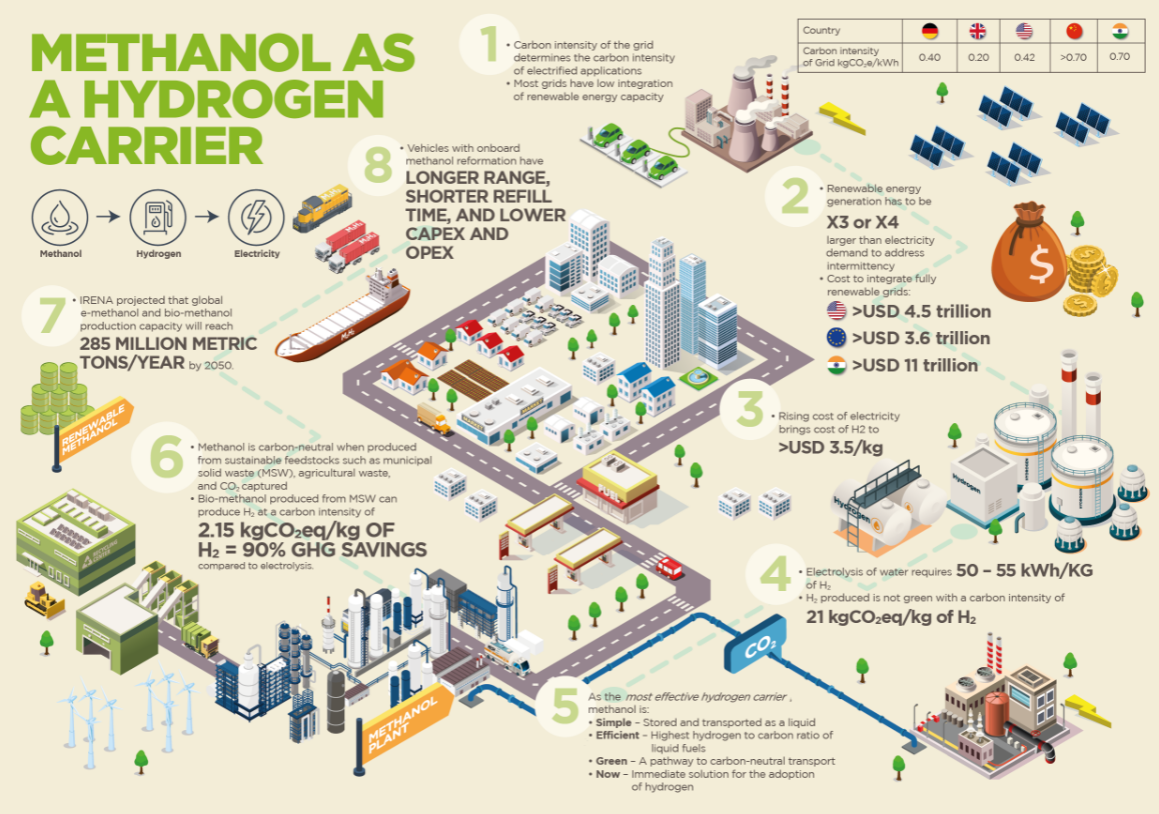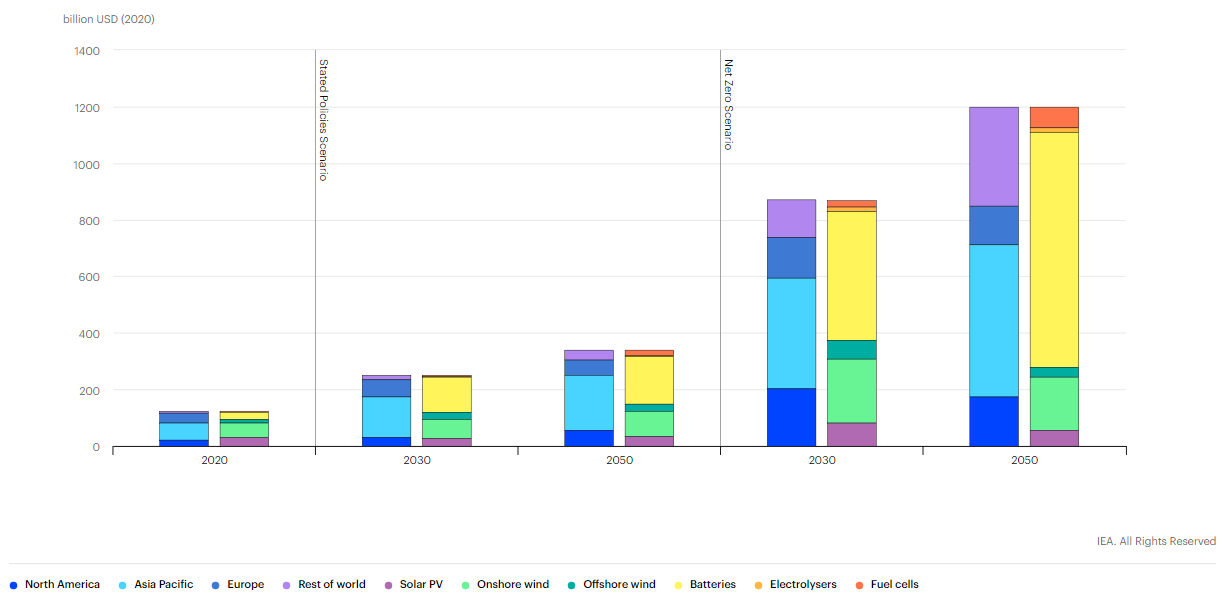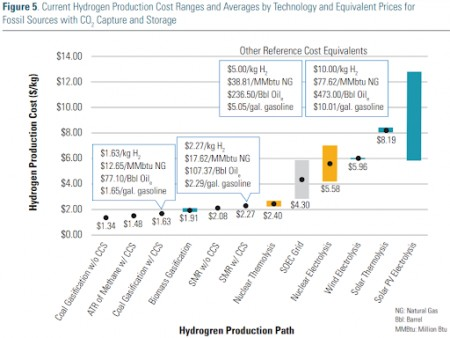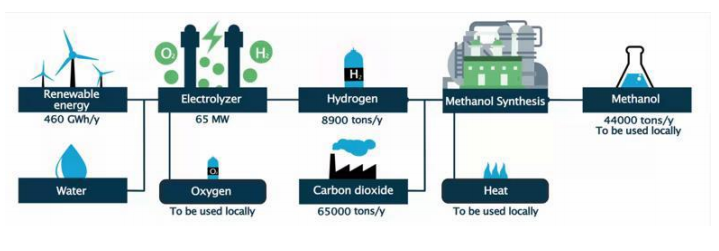International natural gas prices are hitting new highs this week, both on an absolute basis and relative to the US - see both charts below. At the same time, we see new contracts being signed for US LNG to move to China and Europe, but mainly China. This is happening despite significant renewable power investments globally in 2021 and it would appear that many have underestimated energy demand growth in projections and policy. The other net effect of the supply/demand imbalance this winter and possibly through 2022 will be increased coal use in Europe and the US, with local governments unable to meet near-term climate goals, especially in Europe, but also in parts of Asia and, at the same time keep the people warm and the lights on. In our ESG and Climate piece tomorrow we will focus on one highly unpopular but likely very practical opportunity for coal as part of a planned energy transition program, and it is likely that, while climate goals may not need to change, some socially unpopular decisions around the use of fossil fuels will be needed to prevent even more socially unpopular inflation or absolute shortages.
European Natural Gas: The Price Of Impractical Energy Transition Policy
Dec 21, 2021 2:13:22 PM / by Graham Copley posted in ESG, Sustainability, LNG, PVC, Coal, Methanol, ESG Investing, Inflation, Ammonia, natural gas, natural gas prices, energy transition, climate, renewable power investments, Climate Goals, shortages, fossil fuels, Europe, low carbon LNG
There Is No Single Solution For Carbon Abatement
Nov 19, 2021 12:23:34 PM / by Graham Copley posted in ESG, Hydrogen, Carbon Capture, Climate Change, Sustainability, Methanol, CO2, Emissions, Ammonia, carbon abatement, batteries, climate, COP26, carbon credits, carbon pricing
We are going to focus our Sunday Thematic this week (will be found here) on a couple of related topics: alternative technologies that only make sense when prices are high, and whether this has changed with ESG and climate pressure, and ESG solution fixation – “methanol is the only solution” – see infographic below – or it’s hydrogen or ammonia or batteries. Sticking with the theme that seems to have hit a chord with COP26 attendees and something that we discussed in a report around carbon capture several months ago – we cannot let a foolhardy quest for “perfect” get in the way of more economic “good enough” solutions. The emission issues are generally site and process specific and different solutions will be more practical and affordable for different processes and in different geographies – there is no “one size fits all” solution.
Carbon Use: Important But Not As Impactful As Sequestration
Oct 19, 2021 1:45:27 PM / by Graham Copley posted in ESG, Hydrogen, Carbon Capture, Methanol, CCS, CO2, fossil fuel, carbon footprint, carbon abatement, energy transition, Celanese, Carbon Use
We want to focus on carbon use today, in part because we have written extensively on sequestration recently, in part because of the headline highlighted below, and in part, because we need something fresh for our ESG and Climate report tomorrow! Carbon use does not get much press beyond EOR, but there are emerging technologies and there is a lot of R&D spending – on how to collect CO2 more efficiently and on what it might then be used for. We suspect that almost everything being looked at will have some application, but that there will be limits to those applications and they will likely be niches in nature, but not necessarily unprofitable.
Green Hydrogen: Not So Good If Power Prices Do Not Come Down
Sep 3, 2021 1:14:52 PM / by Graham Copley posted in ESG, Hydrogen, Climate Change, Methanol, CCS, CO2, Renewable Power, Ammonia, bp, feedstock, carbon dioxide, solar, wind, electrolysis
Last week, and in our dedicated ESG and climate report this week, we talked about the challenges of shipping hydrogen, and the linked bp project for Western Australia will have the same problem to solve – choosing ammonia according to the announcement over the very inefficient toluene/cyclohexane option we discussed last week. The appeal of Western Australia is the unpopulated available land that has little alternative use and sees abundant sunshine. The bp project assumes that the facility can buy attractively priced renewable power from third parties, but the company must have a specific power project in mind for the bulk of the electricity needed. The stumbling block here will likely be when the power project(s) bid out the solar module contract, find out that the suppliers are sold out and are asking higher prices to cover reinvestment and higher material prices, and then have to go back to bp with a much higher than expected cost of power. The advantage of solar and wind projects is that inflation only impacts upfront capital costs, which can be amortized over the life of the project – feedstocks are free! That said, most of the announced projects have declining capital costs per megawatt in their planning assumptions today.
Methanol Attempts To Go Green
Apr 6, 2021 2:23:29 PM / by Graham Copley posted in ESG, Methanol, Green Hydrogen, CO2
The methanol lobby/advocates are trying to find their place in the world of clean energy and clean chemicals and there was an interesting conference earlier today in which the case was made for methanol in a climate-friendly World. While clean methanol would have plenty of applications in lowering the carbon footprint of many chemicals, as it is a building block from which many products can be derived, the presentation focused on methanol as a fuel cell alternative to hydrogen. As the exhibit below shows, clean methanol would start with green hydrogen as a feedstock and so by definition would be more expensive to produce than green hydrogen. This would be offset by the greater density in methanol versus hydrogen, but more important by the much lower cost of infrastructure that would be needed to make methanol available – it is a liquid and could use existing infrastructure – such as fueling stations. It all still needs renewable power that we do not yet have to spare.






